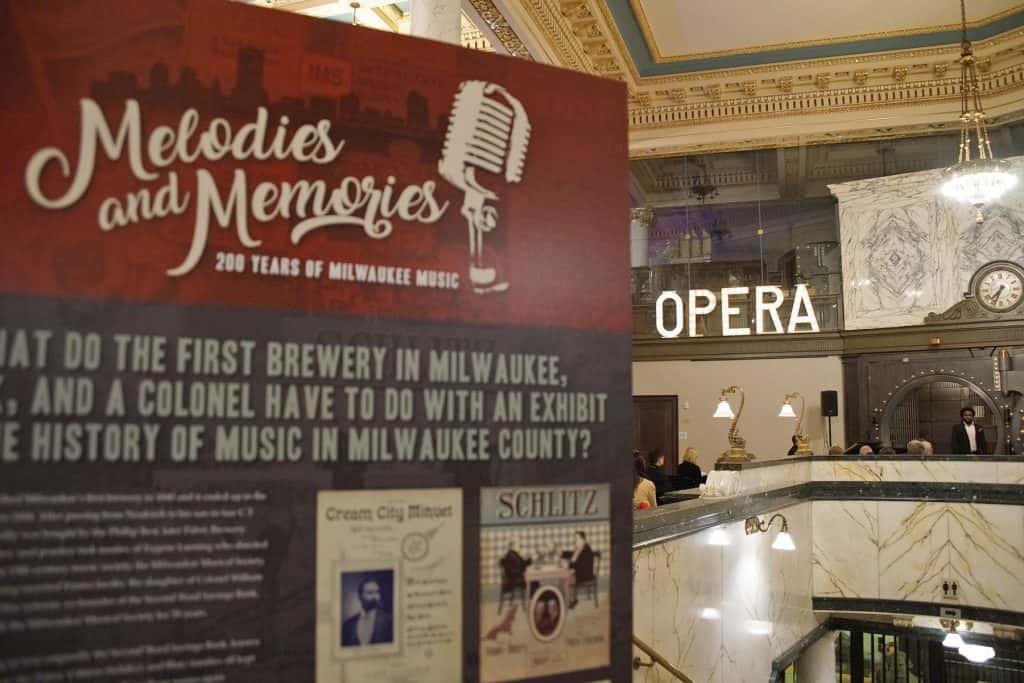Educational Segregation: What the racial composition of public schools looks like today
By Erica Frankenberg, Professor of Education and Demography, Pennsylvania State University School segregation is the separation of students into different schools by race. In 1954, the Supreme Court declared segregation was unconstitutional. Desegregation efforts since then have used a variety of tools to try to overcome patterns of segregation that persist. Studies have shown that school desegregation has important benefits for students of all races. Recent research illustrates that its positive impact on the educational attainment, lifetime earnings and health of African American families persists for multiple generations. Yet, despite years of government desegregation efforts and the proven benefits...
Read More















